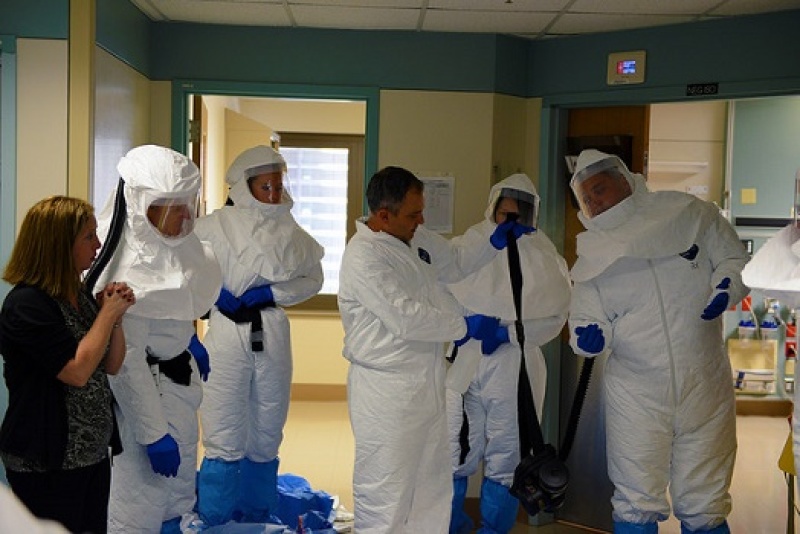
The World Health Organization was criticized in a meeting held by the United Kingdom parliamentary committee due to its slow response to the worsening Ebola outbreak in West Africa, Reuters reported.
According to members of the committee, the organization failed to draft and enact a solid plan regarding the outbreak despite receiving numerous warnings from various agencies.
In September of this year, international health aid agency Medecins san Frontier (MSF) issued a statement regarding the inaction of WHO and other nations regarding the epidemic, according to BBC.
"Six months into the worst Ebola epidemic in history, the world is losing the battle to contain it," MSF's International President Dr. Joanne Liu said in a speech to the United Nations.
"Leaders are failing to come to grips with this transnational threat," she added. "The WHO announcement on August 8 that the epidemic constituted a 'public health emergency of international concern' has not led to decisive action, and states have essentially joined a global coalition if inaction."
During the committee meeting on Thursday, U.K. Prime Minister David Cameron noted that the regional organizations connected to WHO are the ones that should be blamed regarding the slow response, the Daily Mail reported.
"The WHO - I think [Director General] Margaret Chan does a great job - but it does have some challenges," he said. "It's got these regional organizations that are, how can I put it, not the fastest moving."
"They are often packed with people who are not necessarily the right people," Cameron added. "It doesn't function well."
In line with the Prime Minister's statements, members of the committee noted that one of the factors affecting WHO's response is the lack of coordination between its headquarters in Geneva, Switzerland, and the regional offices stationed in various countries.
As a solution, Cameron proposed forming a team of scientific and medical experts that can be deployed immediately to areas hit by the outbreak.
"What we need is a standing team of epidemiologists and experts to be flown into a country when there's a problem, to assess how bad it is, to put the resources in and to sort it out," he said.
WHO has not yet issued a statement in response to the criticisms made by the U.K. officials.


















